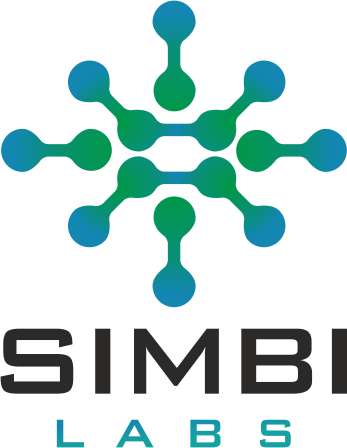

What is International Organization for Standardization ?
The ISO is a global network of national standards bodies that collaborate to develop and promote international standards. With over 160 member countries, it serves as a pivotal force in facilitating global trade and cooperation. By creating standardized guidelines for products, processes, and systems, ISO contributes to enhancing quality, safety, efficiency, and environmental protection across various industries. ISO standards are meticulously developed through a comprehensive six-stage process involving industry experts and stakeholders. Once finalized and approved, these standards are made available to organizations seeking certification. While ISO itself does not certify, independent third-party certification bodies assess compliance with specific ISO standards. Achieving ISO certification can offer numerous benefits, including improved operational efficiency, enhanced customer satisfaction, and strengthened market competitiveness. However, the certification process demands significant investment in time, resources, and expertise. ISO standards cover an extensive range of sectors, from manufacturing and technology to healthcare and environmental management. Notable examples include the ISO 9001 quality management system, ISO 14001 environmental management system, and ISO/IEC 27001 information security management system. By establishing a common language for global business, ISO has become an indispensable tool for organizations striving for excellence and sustainability.
What is ISO Certification?
ISO Certification is a formal validation process whereby an impartial third-party body confirms that a product, service, or system adheres to specific ISO standards established by the International Organization for Standardization (ISO). These standards encompass a wide range of criteria, including quality management, environmental sustainability, information security, occupational health and safety, and more. By attaining ISO certification, organizations demonstrate their commitment to meeting rigorous international benchmarks, thereby enhancing credibility, customer trust, and operational efficiency. This certification often serves as a competitive advantage, facilitating market access and demonstrating a proactive approach to risk management and continuous improvement.
What are popular ISO standards?
ISO 9001:2015
ISO 9001:2015 is a globally recognized standard that establishes a robust framework for Quality Management Systems (QMS). It offers a structured approach for organizations to consistently deliver products and services that meet customer expectations and comply with regulatory requirements. By adopting ISO 9001, businesses can enhance their operational efficiency, reduce waste, and mitigate risks. This standard emphasizes a process-oriented perspective, encouraging organizations to identify, analyze, and manage their processes effectively. Furthermore, ISO 9001 promotes a strong customer focus, fostering continuous improvement and adaptability to changing market conditions. Ultimately, achieving ISO 9001 certification demonstrates an organization’s commitment to quality excellence and can provide a competitive edge in the global marketplace.
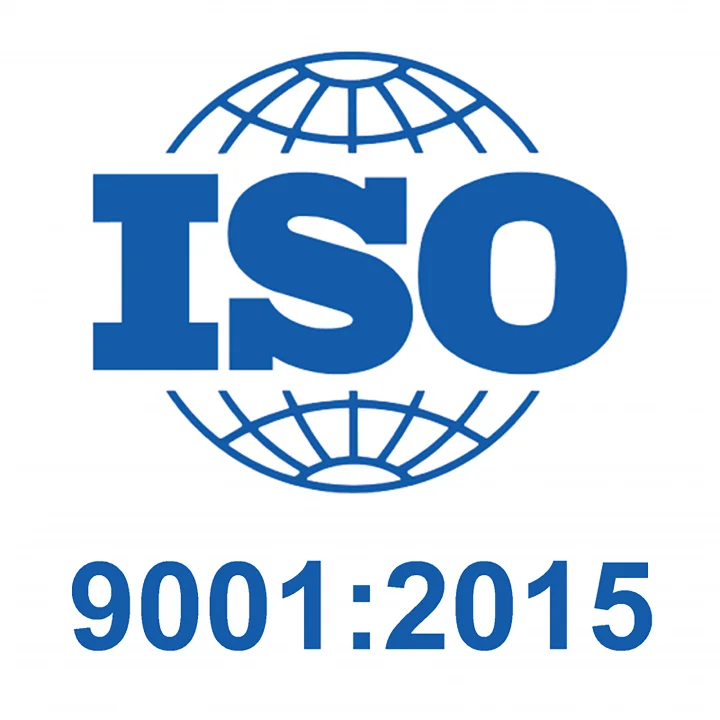
ISO 14001
ISO 14000 is a comprehensive series of international standards that address environmental management. These standards are designed to help organizations minimize their environmental impact while promoting sustainability and responsible business practices. ISO 14001, in particular, provides a structured framework for establishing an effective environmental management system (EMS). It encourages organizations to identify and manage environmental risks, reduce waste and energy consumption, and continuously improve their environmental performance
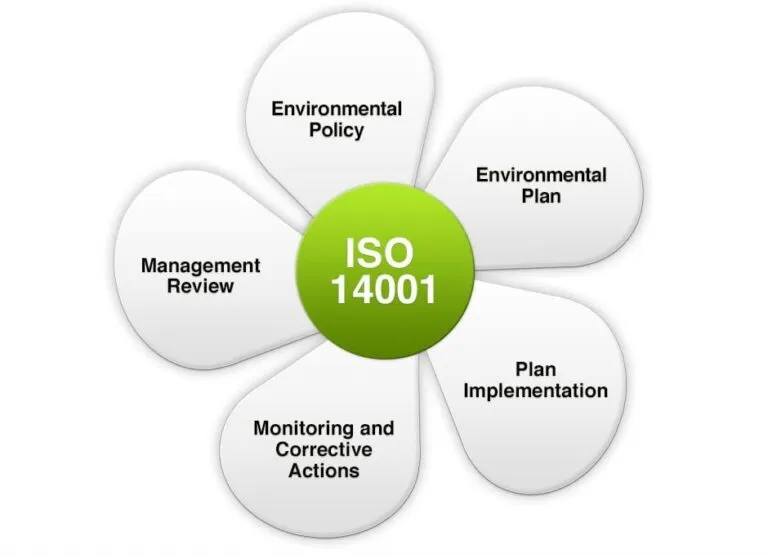
ISO 22000
ISO 22000 is an internationally recognized standard that focuses on food safety management systems. It provides a comprehensive framework for organizations involved in the food industry, from primary producers to manufacturers, distributors, and retailers, to ensure the safety and quality of their products throughout the entire food supply chain. ISO 22000 integrates key principles, including hazard analysis and critical control points (HACCP) and good manufacturing practices (GMP), to identify and mitigate potential risks associated with food safety. By adhering to ISO 22000, organizations can enhance their food safety protocols, reduce the risk of foodborne illnesses, and bolster consumer confidence.
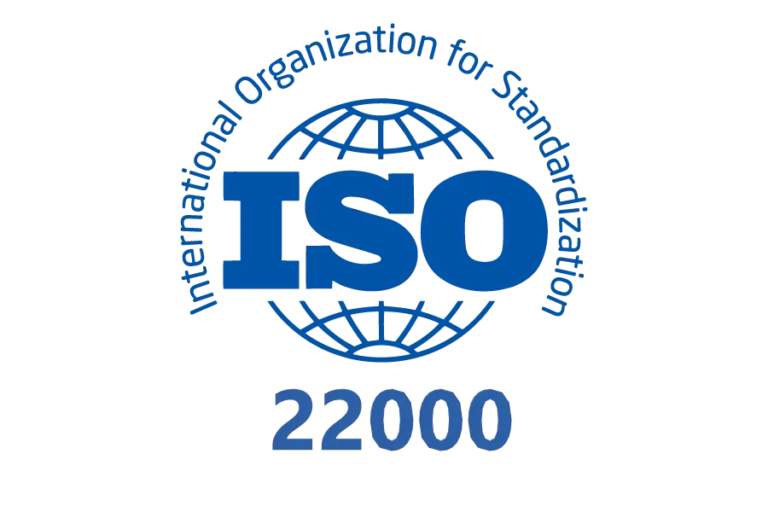
ISO 28000
ISO 28000 is an internationally recognized standard that focuses on supply chain security management. It provides organizations with a structured framework for assessing and managing security risks throughout the entire supply chain, from raw material suppliers to end customers. This standard is particularly crucial in today’s interconnected and globalized world, where supply chain vulnerabilities can have far-reaching consequences.
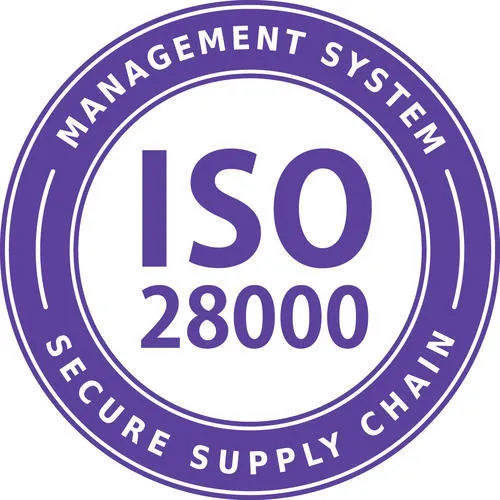
Your Partner for Success
Why Choose Simbi Labs India for ISO consultants Implementation

At Simbi Labs India, we offer comprehensive ISO implementation solutions tailored to your organization’s specific needs, goals and objectives. Our team of experts works collaboratively with your organization to understand your requirements and challenges and develops sustainable solutions to meet them. We thoroughly analyze your operations, identify areas for improvement, and develop a roadmap for ISO compliance. Our streamlined approach ensures a smooth and hassle-free certification process, reducing costs, and minimizing risks. With Simbi Labs India, you can expect unparalleled customer service, transparency, and quality assurance.
- Expert analysis of your operations
- Tailored solutions for your needs
- Smooth certification process
